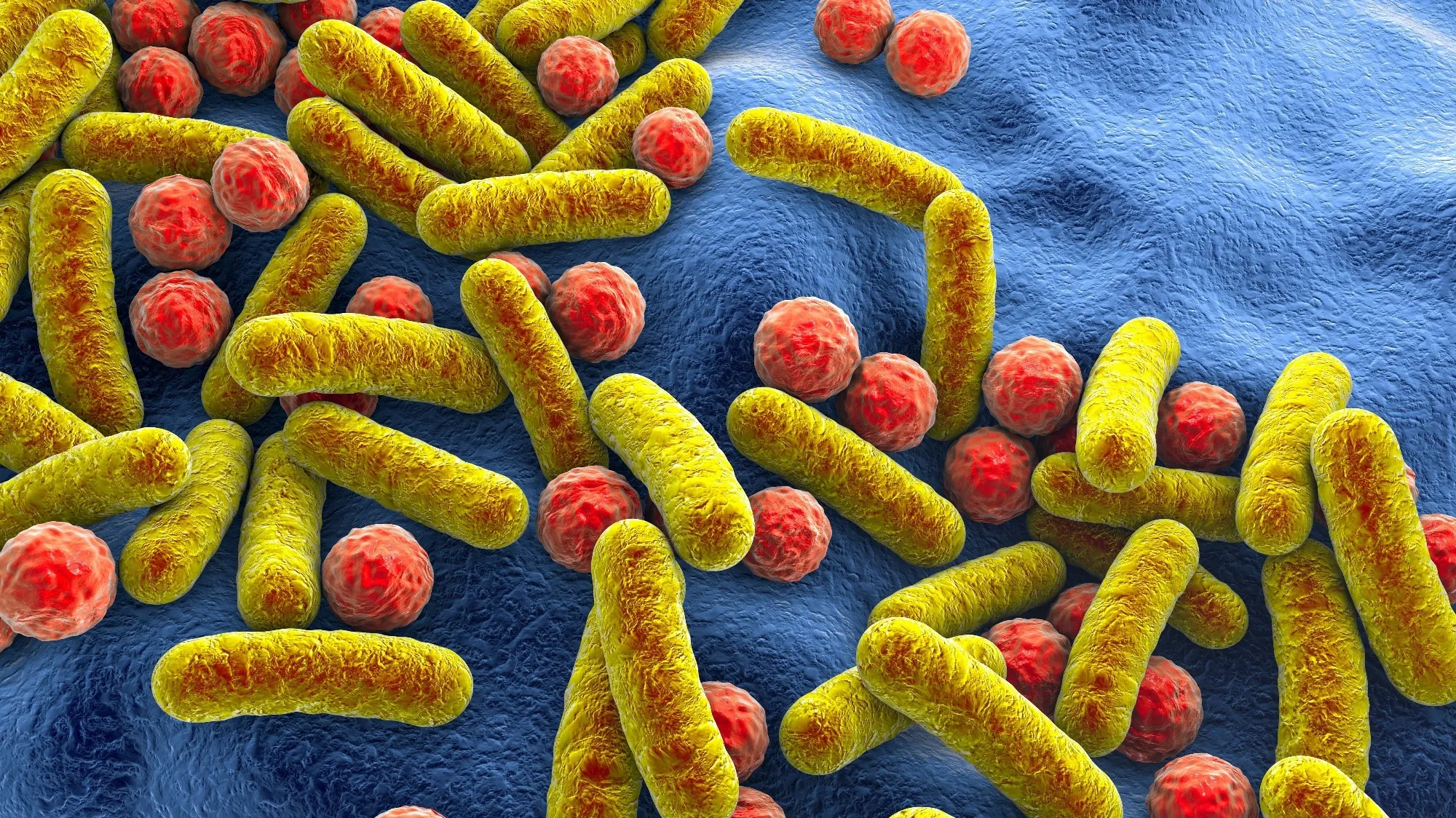Breastfeeding and Its Impact on Antibiotics, Bacteria, and Infant Microbiome

The Role of Breastfeeding in Infant Gut Health
Breastfeeding is pivotal for infants, particularly very-low-birth-weight infants, as it aids in transferring essential bacteria that contribute to a robust microbiome.
Antibiotic Exposure and Its Effects
Despite the impacts of antibiotic use, research indicates that maternal milk allows for a healthy balance of gut bacteria, with 30-40% of gut microbiota originating from the mother. This finding is vital in understanding necrotizing enterocolitis (NEC), a serious intestinal condition.
Impact of Probiotics
Moreover, probiotics are instrumental in sustaining gut health, especially in cases where infants are at high risk of sepsis or other complications. The synergy between breastfeeding and probiotics presents a promising avenue for improving infant health outcomes.
This article was prepared using information from open sources in accordance with the principles of Ethical Policy. The editorial team is not responsible for absolute accuracy, as it relies on data from the sources referenced.